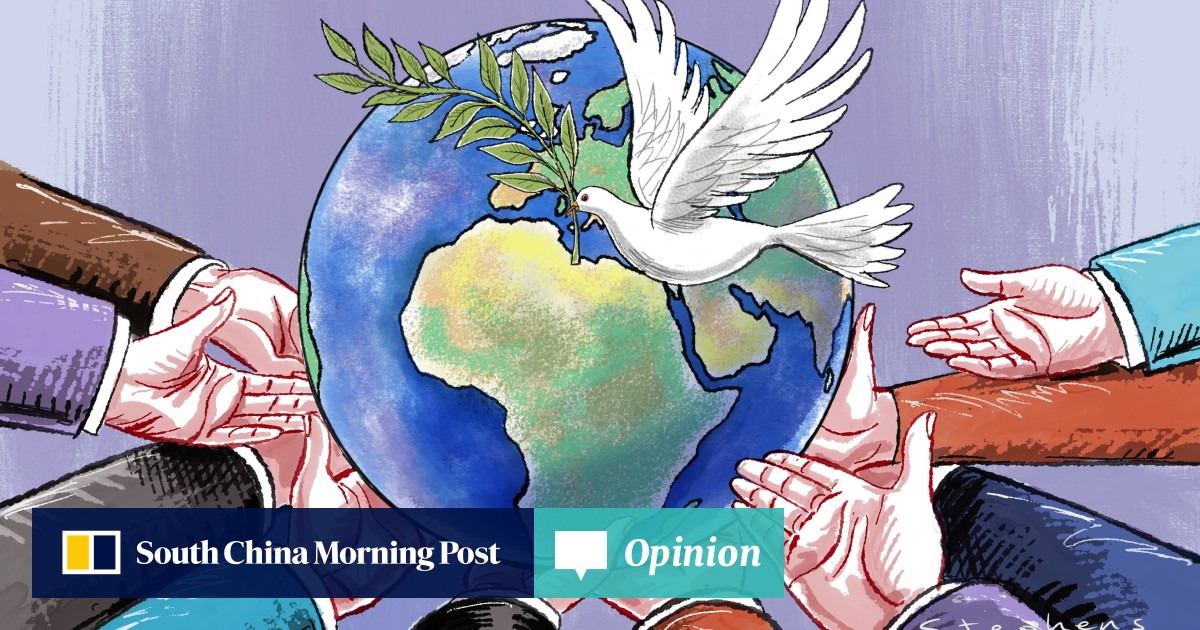
Advertisement
Today, though the historical trends of peace, development, cooperation and mutual benefit remain unchanged, a Cold War mentality, hegemonism and protectionism continue to haunt the world. With new threats and challenges emerging, global governance is at a crossroads. Its current mechanisms suffer from three major deficits.
First, serious underrepresentation of the Global South. The rise of emerging markets and developing countries necessitates boosting their representation and redressing historical injustice.
Second, erosion of authoritativeness. The UN Charter has not been effectively observed. Unilateral sanctions have violated international law and disrupted the international order.
Third, urgent need for greater effectiveness. The implementation of the UN 2030 Agenda for Sustainable Development is seriously lagging. Issues such as climate change and the digital divide are becoming more salient. Gaps exist in governance for new frontiers such as artificial intelligence, cyberspace and outer space.
Advertisement


